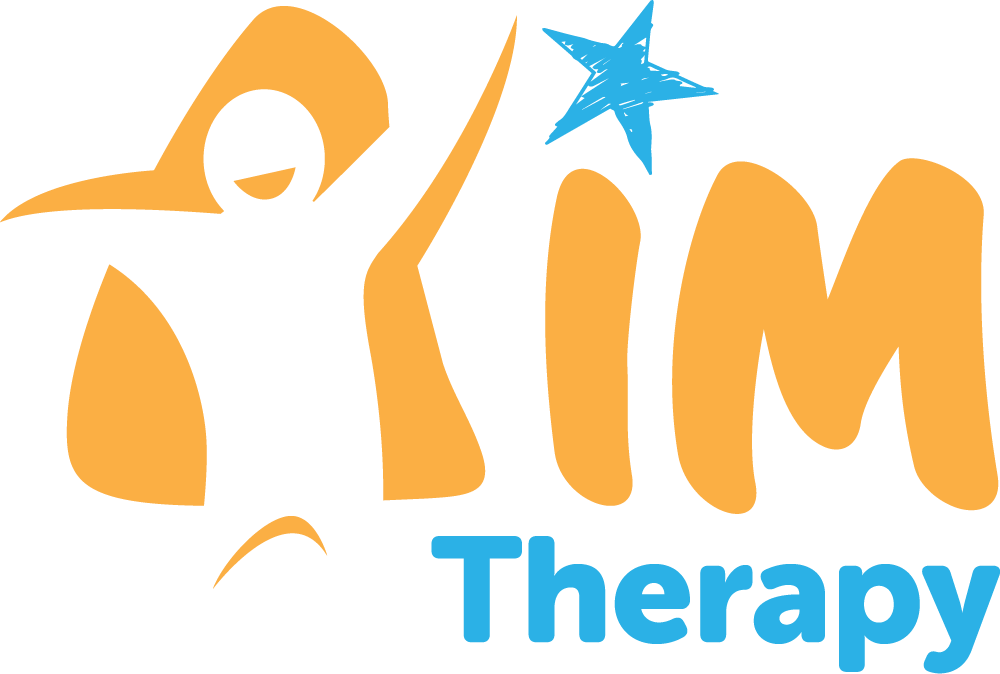Your grandchild just received a diagnosis of Autism Spectrum Disorder (ASD). The chances are that the diagnosis confirms your “gut feeling”, or maybe even “nagging feeling”, that you have had about your grandchild. What is interesting is that a 2017 study shows that grandparents play a significant role in an earlier diagnosis of Autism and that grandma knows best. The study found that a very involved grandma can reduce the age of ASD diagnosis by 5.18 months, while grandpa reduces it by 3.78 months.
If you are still “sitting on the fence”, don’t be too hard on yourself. Let’s face it, blowing the whistle on Autism can be a tough thing to do. The fact is that the earlier the diagnosis is made, the better the outcome is for the child. With this knowledge, it helps to take that next important step.
So what signs of Autism should you look out for?
The most important thing to look for is how your grandchild engages with you and how they make you feel. Do you experience that warm “look of love” between you when they see you again? Does something happen and your grandchild checks in with you to share the moment, and share feelings about it? Or is there limited eye contact with you? Is there more interest in objects than you, especially ones that do the same thing over and over? Does your grandchild get overfocused on one toy action, such as spinning a toy? Is your grandchild not pointing at things by 12 months to show you? Is there little or no babbling heard and later on, limited speech? Is your grandchild taking you by the hand to the fridge for food, rather than using a word? Are there catastrophic overreactions to touch and sound especially unexpected noises such as a hairdryer or a big rumbling truck going by?
Of course, there are other reasons why children are late to talk, such as conductive hearing loss from ear infections. However, when several things start to stack up, it is worth checking for the signs of Autism. The Autism Speaks site outlines What is Autism, the signs to look for and the criteria for an Autism Spectrum Disorder diagnosis. A new criterion for the ASD diagnosis is sensory reactivity to certain types of sensory input, with touch and sound being the main offenders. Sensory processing challenges can have a profound effect on all aspects of daily living. Occupational therapists are skilled in assessing and providing strategies for sensory processing difficulties, as they impact on occupational performance in everyday routines such as eating, bathing, and dressing as well as attention and behaviour.
So what can grandparents do to help?
Grandparents have many talents to throw into the ring with Autism. They usually are less stressed and have more time. They have resilience when others may be on their reserve tanks. Grandparents can find that happy place to joyfully explore and engage with their grandchild, teach important skills, and help calm them down. They have the “time and the inclination” to find out what the problem is and work through it. They also have life experience on their side to be a strong advocate and “go into bat for their grandchild”.
Here are some things to do to get started, especially if you are still waiting for an assessment. Make sure you read about the power of play and how to develop joint attention. Play is a great way to increase back and forth interactions and woo the child into interacting more with you and learning from you. First, you have to both be in the moment and share that one moment to go after that joint attention.
If you are ready to really empower yourself as a grandparent, read The Grandparents Guide from Autism Speaks, an excellent resource for looking at the symptoms of Autism and then what you can do further to the list above.
Remember that you play an important role in the life of your grandchild, and especially when there is Autism. Sure, there will be challenges, but your capacity to make a big difference in their future outweighs those bumps in the road along the way.
If you want any more help in how to develop those skills of play, self-care and other skills to help your grandchild get ready for going to school, please call AIM Therapy on 08 6150 8339.

